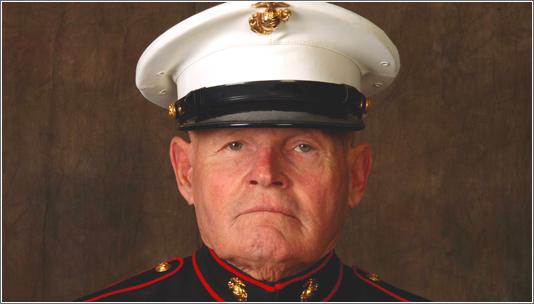

Home Improvement Grants for Veterans
January 16, 2018 | by the National Care Planning Council
Under the Home Improvements and Structural Alterations (HISA) program, Veterans with service-connected disabilities or Veterans with non-service-connected disabilities may receive assistance for any home improvement necessary for the continuation of treatment or for disability access to the home and essential lavatory and sanitary facilities. Service-connected veterans receive larger grants.
HISA grants are available to Veterans who have received a medical determination indicating that improvements and structural alterations are necessary or appropriate for the effective and economical treatment of their disability. A Veteran may receive both a HISA grant and either a Special Home Adaptation (SHA) grant or a Specially Adapted Housing (SAH) grant together. These latter grants are for considerably more money but are only awarded to certain highly disabled, service-connected veterans who because of their disability need special living arrangements. All grants are awarded only once during a lifetime. The money does not have to be received all at the same time.
In order to receive a HISA grant, the Veteran must first have a prescription from a VA physician. This must include:
- Specific home modifications required
- The diagnosis with medical justification
- The Veteran's name, address, SSN and phone number(s)
To apply, the Veteran must first provide:
- A completed VA Form 10-0103, VETERANS APPLICATION FOR ASSISTANCE In Acquiring Home Improvement and Structural Alterations
- If a leased or rented property, written permission from the owner
- Quotes from at least 3 licensed contractors (if required by state law), to include:
- The contractors name, address, telephone and Federal tax ID number or social security number
- The Veteran's name, address and telephone number
- Plans and drawings
- An itemized list of estimated materials, cost and labor cost
- All permits required (it is the contractors responsibility to obtain these)
- A picture of the work site prior to construction
Following are the types of projects that HISA grants will pay for. This is not all inclusive and other appropriate projects may be approved.
- Roll-in showers
- Construction of wooden or concrete, permanent ramping to provide access to the home
- Widening doorways to bedroom, bathroom, etc., to achieve wheelchair access
- Lowering of kitchen or bathroom counters and sinks
- Improving entrance paths and driveways in immediate area of home to facilitate access to the home
- Construction of concrete pads and installation of exterior types of wheelchair lift mechanisms if the installation cost exceeds $500.00
- Interior and exterior railing deemed necessary for patients with ambulatory capability or for veterans rated legally blind if the installation cost is over $500.00
- Improvements to plumbing or electrical systems made necessary due to the installation of dialysis equipment in the home
- Any cost associated with permits, inspection fees, etc., that are required by local ordinances.
HISA will not pay for:
- Walkways to exterior buildings
- Widening of driveways (in excess of a 7ft x 6ft area)
- Spa, hot tub or Jacuzzi
- Exterior decking (in excess of 8ft x 8ft)
The HISA program is available for both service-connected Veterans and non-service-connected Veterans.
For service-connected, home improvement benefits up to $6,800 may be provided for a:
- 100% service-connected condition
- non-service-connected condition of a Veteran rated 50% or more service-connected
For non-service-connected, home improvement benefits up to $2,000 may be provided to certain other Veterans registered in the VA health care system or under certain circumstances receiving private care in the community. These include veterans receiving:
- Improved Pension,
- Medicaid (Title XIX), or
- who meet the veterans health care administration means testing formula for the current year.
However, the Veterans Health Administration interprets the receipt of Improved Pension to also include a rating for aid and attendance or housebound. This is because there must be a medical reason for allowing a structural improvement grant even though the veteran may meet the statutory requirement for receiving Pension.
